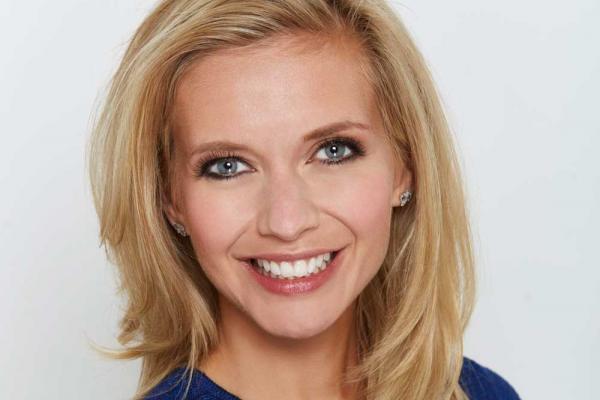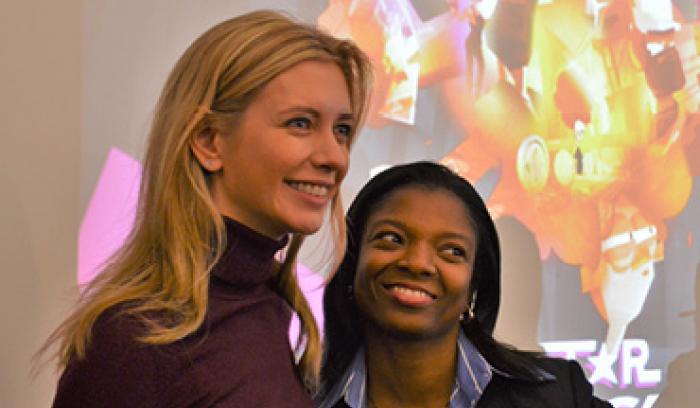A couple of years ago research found 60% of girls believe they can't do maths and science. Why do you think girls can feel less confident about maths than boys?
Years of telling women and girls that they’re not as good at maths and science as their male counterparts has made many people believe it’s true. It’s a common and widespread myth that female brains aren’t designed for maths, women can’t read maps, men have better spatial awareness, the list goes on… When we’re told this over and over again, reinforced by formal tests and studies, we believe it, and even start to live up to the myths ourselves.
Yet when identical tests designed to test spatial awareness, have been repackaged as “empathy” or “social intelligence” tests, areas where women are generally seen as stronger, the gap between girls and boys completely disappears. In fact even just having to tick a box to say whether you’re male or female before sitting a maths test, has a negative effect on girls’ results. It’s not nature holding girls back, it’s messaging and psychology. If we change what we’re saying, tell girls they are built for maths and science, then positivity, confidence and results will follow.
Why is it important to help girls to stay positive about maths, even if they don’t want to take it at A-Level?
The better your maths and numeracy levels, the more likely you are to have a job and the better that job is likely to be! Back in 2013 the government did some research and found that the top 15% of maths scorers at age 10 were earning on average ₤2,100 more per year by the time they were 30, whereas people with poor levels of numeracy are more than twice as likely to be unemployed. Maths is one of the most frequently asked for subjects by universities to go onto degree courses and you could be limiting your options if you choose to give it up early.
As technology moves on there are more and more interesting jobs in science, technology and engineering which all require maths. These are some of the most creative and rewarding jobs imaginable and we need more women taking up these roles. Having a positive attitude towards girls in maths and promoting its importance from a really young age is essential to allow them to choose what they want to do with their lives when the time comes. Dismissing maths as not for girls or those “without a maths brain” (a fictional “maths brain” might I add) will only limit their options and could deny them reaching their full potential in adulthood.






